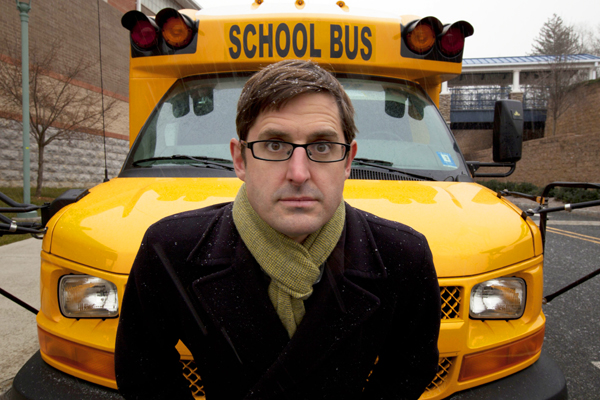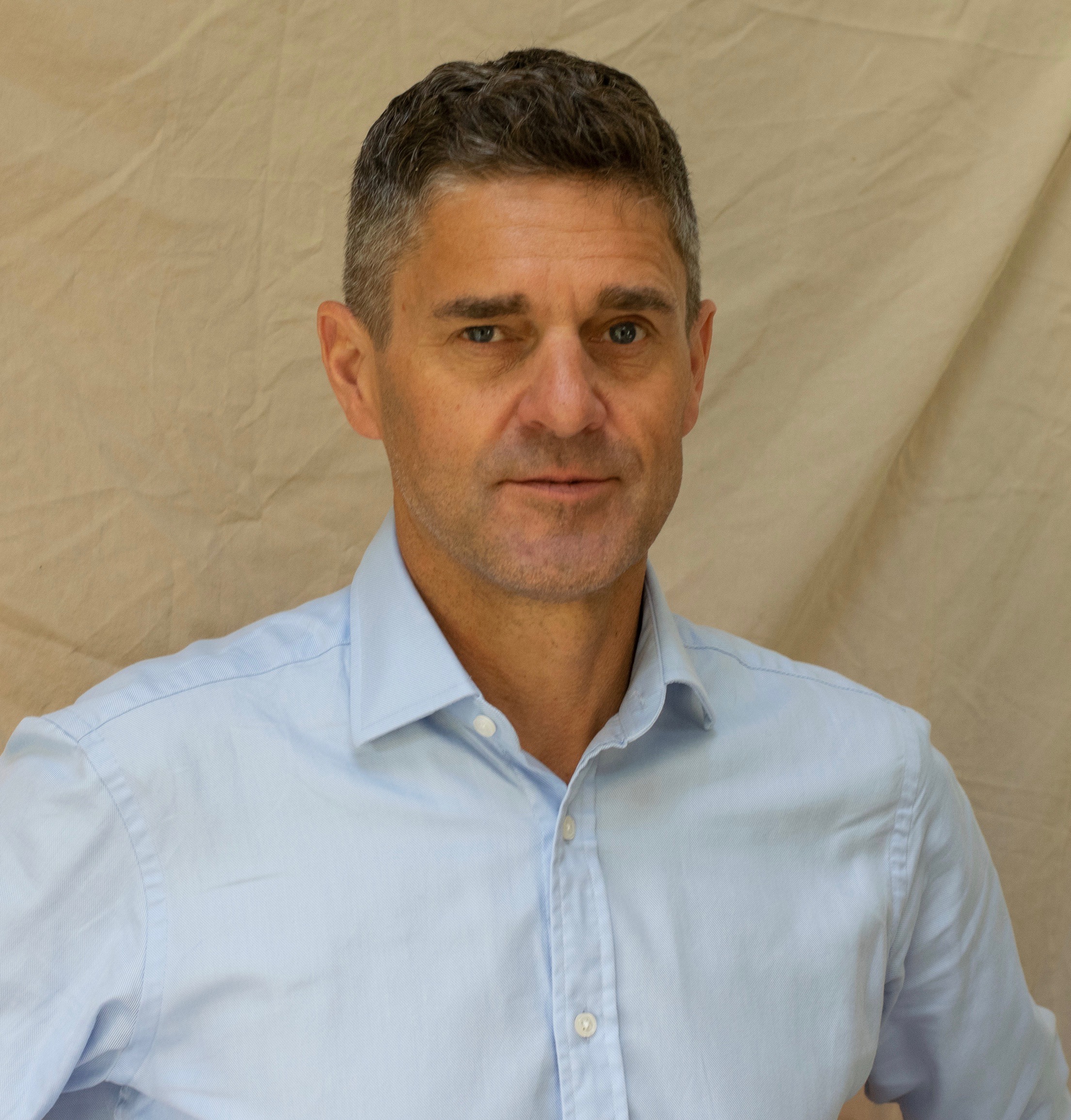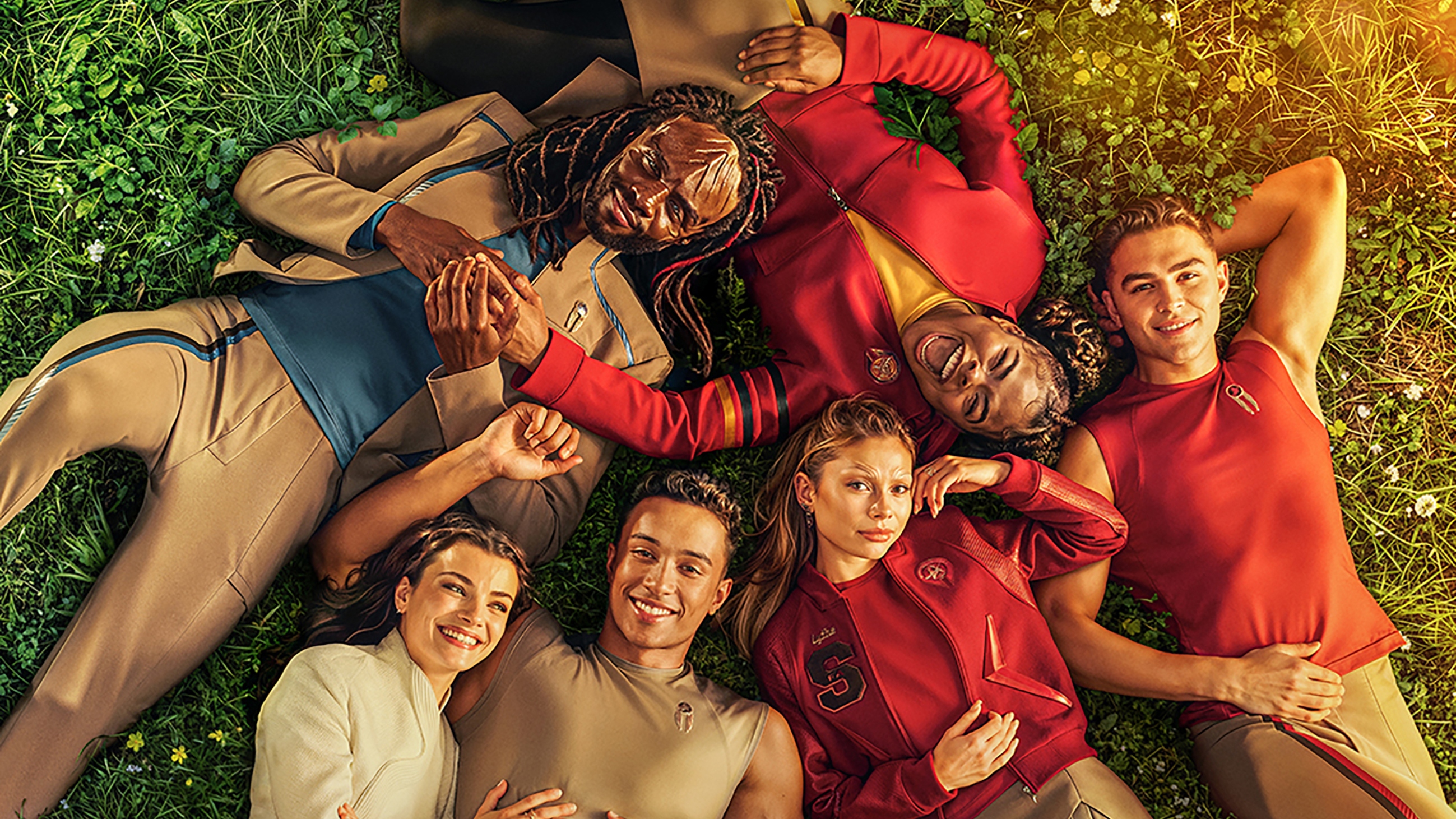A quick chat with Louis Theroux

Louis Theroux looks at the challenges facing parents of autistic children... Following previous trips to America to investigate religious cults, neo-Nazis and high-security prisons, Louis Theroux crosses the Atlantic again this week for his latest film, Extreme Love: Autism (BBC2, Thursday 19 April, 8pm) in which he meets children and young adults with a range of conditions across the autism spectrum. Theroux visited the Developmental Learning Centre in the town of Warren, a special school that cares for children from the age of three until 21, with most of their work focused on improving the children's social interaction. The documentary is followed a week later by Extreme Love: Dementia, which looks at Alzheimer's patients at the Beatitudes care centre in Phoenix, Arizona. TV&SatelliteWeek caught up with the presenter to find out more... Your new documentary about autism is followed by a film about dementia. What links the two programmes? "The title for the two-parter is Extreme Love and the connection between the films is the extreme love shown by the husbands or wives of people with dementia, and that shown by the parents of autistic children." Do the programmes also have connections with your previous films? "My catalogue of programmes clearly shows that I am interested in the extremes of life, whether it is joining a religious cult or working in the porn industry or being a hardened criminal. It is in keeping with that idea. It's human situations but taken to the outer limit." Why did you make the films in America and not the UK? "I like America and it's also a global capital. Besides, if it comes to making a film about dementia in Phoenix, Arizona, or Eastbourne, there's not really much choice, is there?" Most of your previous programmes have been about people's lifestyle choices. But nobody chooses to have autism or dementia, do they? "No, so the films are very different, too. There was a bit of trepidation before doing them. We were aware it was a step into the unknown. But in a way, the programmes are about the choices facing people. In the autism documentary, a mother called Josephine had a teenage son, Brian, who repeatedly assaulted her so she had to put him in a home with a very heavy heart. The idea of a mother giving up her son could look like a massive dereliction of duty, but I completely understood why she did it." Were you moved by what you saw? "In the dementia programme, a guy turns up to visit his mother who has extremely advanced dementia and just wanders up and down the corridor. His sisters don't visit anymore because they find it too upsetting. But he arrives with family photos on his iPad in the hope his mum gets something out of seeing him. There is something very moving and heroic about that." Did you get close to any of the people in the films? "Nicky, who is 19 and who has autism, was fascinated by me to the point where he researched me online. Whenever we met other people, he always mentioned my Wikipedia page. When I hugged him once, he said: 'Hugged by a celebrity'." Despite the subject matter, there is a certain humour in the programmes, isn't there? "My granny had a form of dementia towards the end of her life and would come out with things that as a family we found quite funny, as well as obviously being sad in other ways. What I found enjoyable about making the films was realising that there is a large element of humour that goes along with autism and dementia that perhaps people aren't always comfortable with. It might be seen as bad taste. But Nicky, for example, comes out with some strange things and his mum is clearly amused by what he says." Did the autism film make you rethink your role as a father? "Being a parent is extremely hard and you do get exasperated and there are times when you lose your cool. But I came back from America with the realisation that I have it pretty easy compared with a mum or dad whose child has tantrums six or seven times a day." What's next for you? "We have got a programme ready to be broadcast in the summer about the moribund state of the porn industry in America. With free porn available on the internet, nobody is buying porn DVDs anymore. I find out how that is affecting some of the people I first met 15 years ago." Do you strip off again? "No, I don't. That's one of the benefits of being more established these days. I can get away without doing that." Louis Theroux: Extreme Love - Autism is on Thursday April 19 at 9pm on BBC2
The latest updates, reviews and unmissable series to watch and more!
Patrick McLennan is a London-based journalist and documentary maker who has worked as a writer, sub-editor, digital editor and TV producer in the UK and New Zealand. His CV includes spells as a news producer at the BBC and TVNZ, as well as web editor for Time Inc UK. He has produced TV news and entertainment features on personalities as diverse as Nick Cave, Tom Hardy, Clive James, Jodie Marsh and Kevin Bacon and he co-produced and directed The Ponds, which has screened in UK cinemas, BBC Four and is currently available on Netflix.
An entertainment writer with a diverse taste in TV and film, he lists Seinfeld, The Sopranos, The Chase, The Thick of It and Detectorists among his favourite shows, but steers well clear of most sci-fi.


